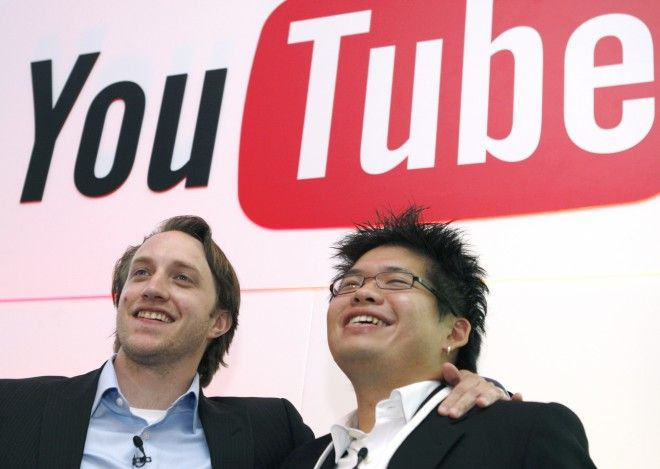Viacom Appeals YouTube Ruling On Copyrights

Viacom is taking the fight over copyrights to the U.S. Court of Appeals of the Second Circuit, appealing the decision that spared YouTube -- and its parent company, Google -- from a hefty judgment.
In June, the U.S. District Court for the Southern District Of New York ruled that YouTube was not responsible for violating Viacom's copyrights, even though clips of some of Viacom's popular shows such as The Daily Show were posted to the site by users.
In his ruling, Judge Louis Stanton said that because YouTube had procedures in place to remove copyrighted content and did so on request, the company is protected under the Digital Millennium Copyright Act's safe harbor. That provision says that service providers don't need to police copyright infringement by users, if they don't know that the infringement is happening.
In its appeal, Viacom says allowing the ruling to stand would push copyright law too far, and effectively render it unenforceable. The brief notes that under the District Court's logic, a site such as Grokster, which was sued in 2005 by MGM Studios, would not be liable for posting copies of movies on its peer-to-peer system.
Viacom, in its appeal to the Second Circuit, says YouTube knew that users were uploading copyrighted videos, and took steps to make sure that it couldn't monitor that activity. That way, Viacom says, YouTube could get more traffic to the site. Viacom contends that YouTube's growth over its first few years was, in fact, dependent on users posting copyrighted video.
The District Court, however, said Grokster was actively encouraging infringement, whereas YouTube is not. Further, it said that for YouTube to be liable for the users' posting of copyrighted videos, the copyright holder would have to show that YouTube's knowledge of copyright violations went beyond merely knowing that some users did that.
The American Intellectual Property Law Association filed an amicus brief urging the Second Circuit to uphold the District Court's ruling. But it says that while the court was right in upholding the safe harbor provision, it needs to clarify the standard by which it judges what YouTube knew, and at what point that knowledge makes the company liable.
In its brief, AIPLA says the court needs to acknowledge that a web site operator cannot ignore obvious cases of infringement, and that there has to be a clear distinction between being aware that infringement happens and actual knowledge of an instance of copyright violation.
A date for a hearing has not yet been set.
© Copyright IBTimes 2024. All rights reserved.




















